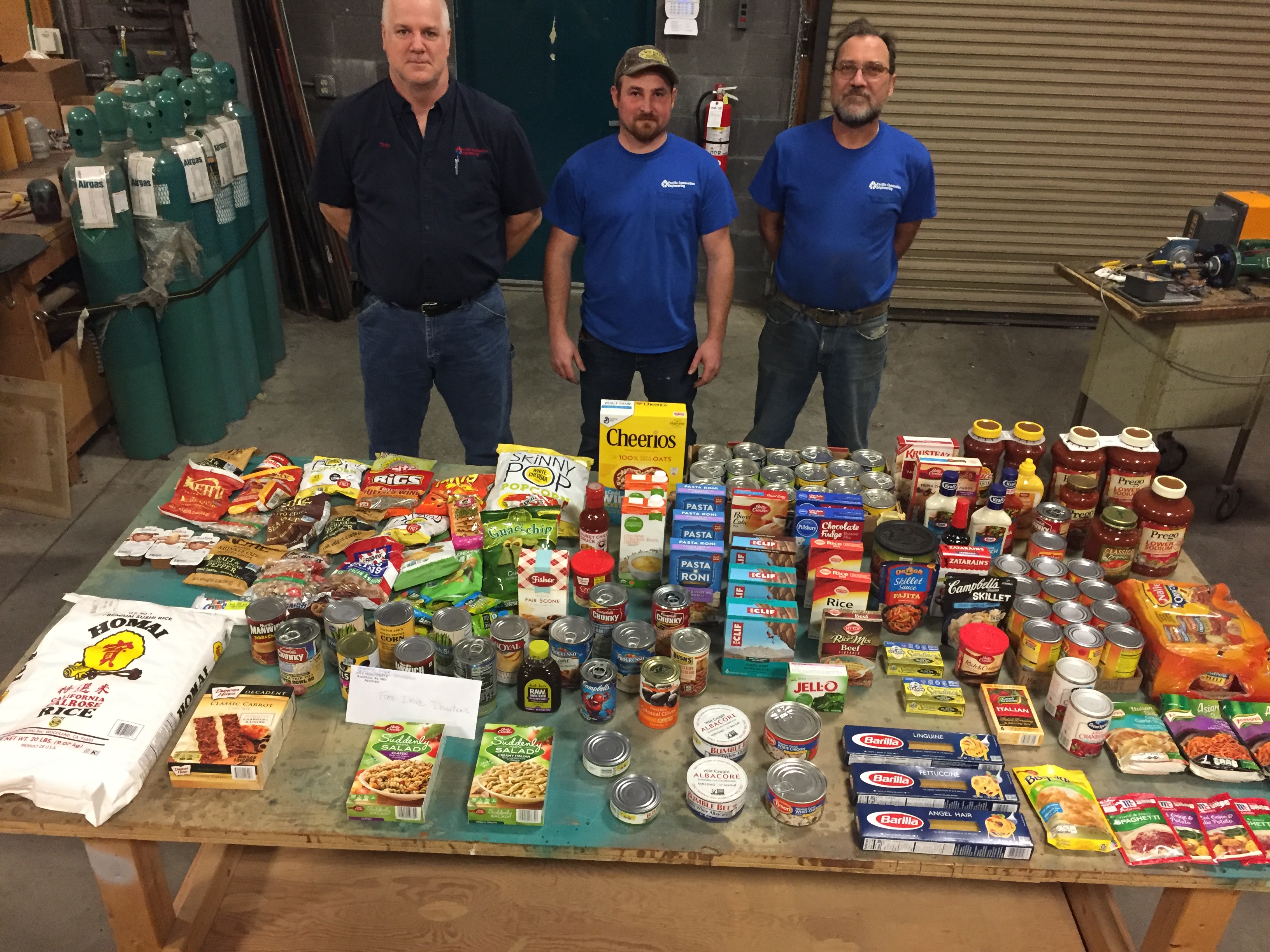Winter is officially here! When cold weather settles in, it is important to make sure that your boiler is well-maintained. Like any other mechanical system, boilers will tend to wear down over time. Boilers can be dangerous if not properly inspected and not working properly. Full boiler efficiency will help avoid boiler downtime and unnecessary expenses. Here are 14 steps to follow to help you get on track with your winter maintenance:
1. Inspect the fuel source.
The fuel used needs to have the proper viscosity for atomization. Test and gauge the fuel viscosity to ensure full efficiency.
2. Inspect the fireside.
Inspect the fireside and look for any indication of corrosion. If no corrosion is found, continue to clean the fireside and the furnace area as necessary.
3. Check the refractory.
Due to the cooler weather, be aware of thermal expansion. Boiler refractors are designed to expand and contract with temperature changes. But all boilers will incur some cracking due to those constant changes. If excessive cracks are found, repair as needed.
4. Inspect the waterside.
Inspect the waterside of the boiler for scale and remove as necessary. Scale prevents heat transfer inside the boiler and can significantly lower efficiency. All water-level controls need to be properly inspected, opened, and cleaned.
5. Inspect the burner.
While the boiler is open, inspect the burner components. Visually check the boiler’s flames. If there are inconsistencies in the flame patterns or color, there may be an underlying issue. Make sure everything is in order before proceeding. Failure to maintain the fuel system in good working order could result in excessive fuel costs, loss of heat transfer or even a boiler explosion.
6. Inspect the controls.
Any controls used to monitor the water level of the boiler should be checked after reinstalling onto the boiler. Before starting the boiler, inspect all the operating controls and look out for any signs that show of overheating.
7. Close all openings.
Make sure all of the boiler’s openings which include all doors, manholes and handholes are properly closed.
8. Open the boiler’s valves.
This is inclusive of the boiler’s header valves, piping drains and vent valve. Make sure all are operating as required and that the vent is not clogged. All ventilation requirements for the boiler need to be checked and met.
9. Test the pumps and valves.
You will need to test all of the boiler’s pumps and valves before fully operating to make sure everything is working properly. Once everything has been tested and approved for operation you can start warming up your boiler.
10. Warm up your boiler.
To account for the colder weather it is important to increase the boiler pressure slowly. This allows the joints and metals to heat up evenly and reduce expansion stress.
11. Switch to automatic operation.
Once your boiler is up to operating pressure, switch to automatic operation.
12. Analyze combustion.
When you perform a combustion analysis this helps increase performance, verify component operation, decreases maintenance and fuel requirements. This will save some potential expenses made in operation.
13. Water treatment.
Water treatment is needed before feedwater can be pumped into a boiler. Test the boiler water and treat accordingly. Follow the guidelines provided in the Installation and Operations Manual.
14. Monitor your boiler.
Within the first few days after start-up, monitor the boiler for any leaks or any additional maintenance items. If you discover water or steam leaks at this point, shut the boiler down and have the leaks repaired.




